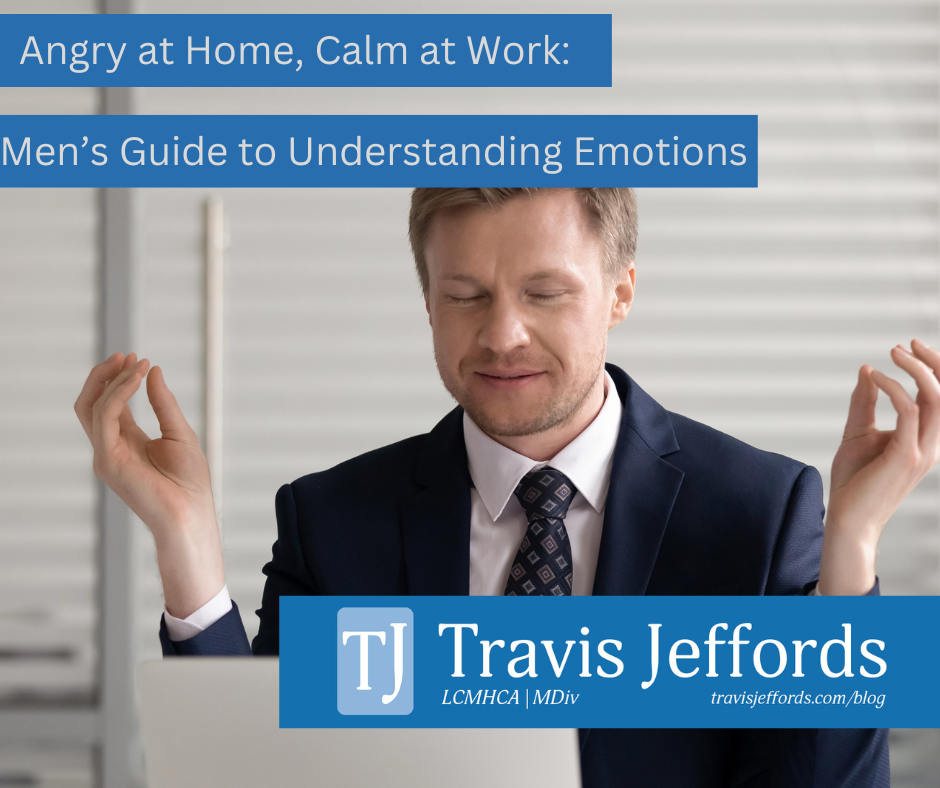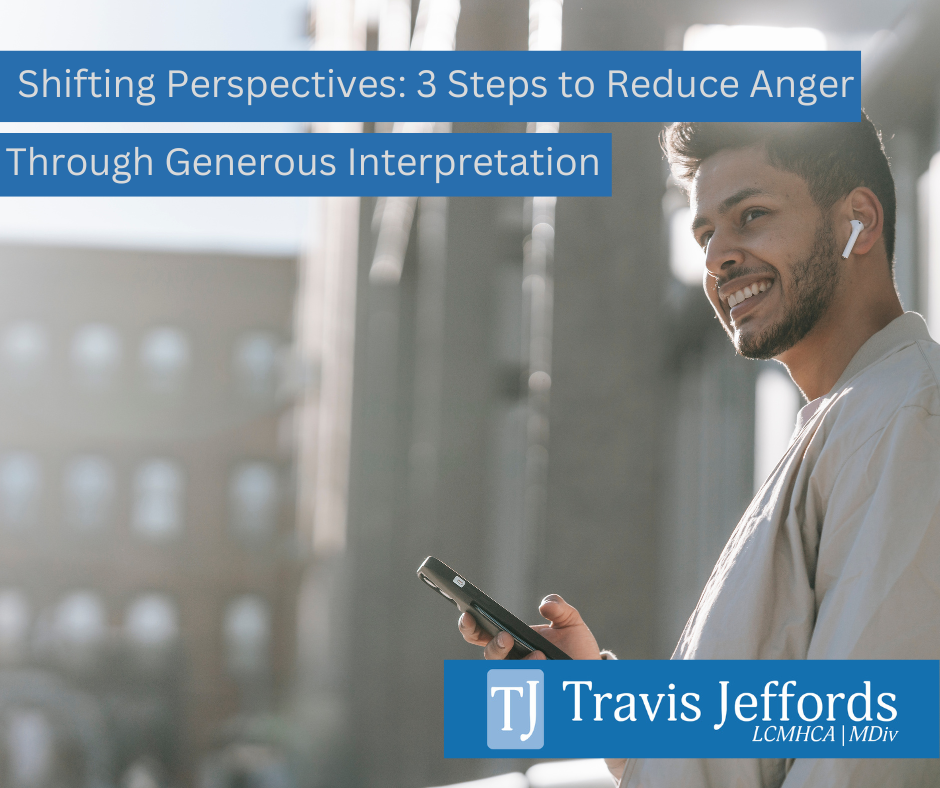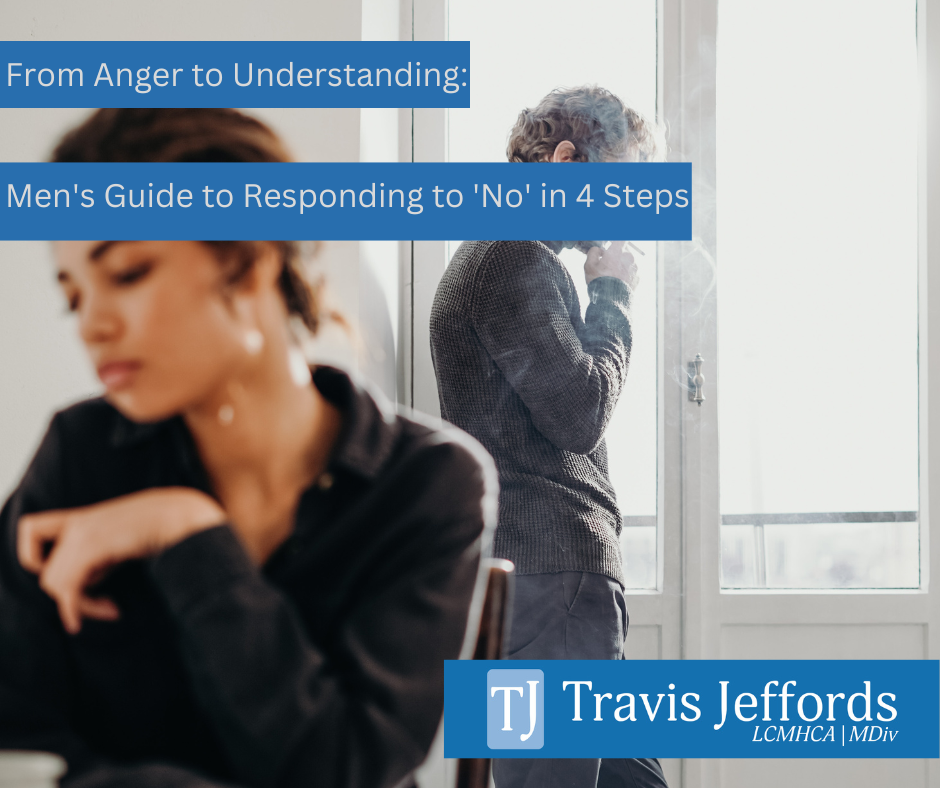Guest Post: I SEE YOU, ANGER
Guest Post by Lisa A Rainwater
“I would not look upon anger as something foreign to me that I have to fight ... I have to deal with my anger with care, with love, with tenderness, with nonviolence.”
—Thich Nhat Hanh
Where does your anger live? Does it hold court in your belly? Does it wrap around your heart like a corset? Or is it so pervasive that it flows through your veins like Valvoline in a Formula 1 race car?
If you’re like me, it might live in all those places and even a few I’m yet unaware of.
Anger is alive in all of us—even when we try to ignore it. Even when social norms and expectations tell us anger is unacceptable.
Over the next few weeks, I invite you to join me on a journey of discovery, where the dark sides of you reveal you unveiled.
IS ANGER A “BAD” EMOTION?
In Western culture, humans are taught that anger is the emotion one should not see, smell, taste, hear, touch. To be angry is to “lose control over one’s emotions.” To be angry is to be “unlady-like.” To be angry is “to sit with the devil.” To be angry is to be “an animal.” To be angry is to “touch the dark side.”
To be angry is … fill in the blank _____________.
What if, however, you came to understand that no emotion, including anger, is “bad?” What if the truth about emotions is that suppressing or repressing them is what is “bad"?”
To say, “I see you, Anger,” is to embark on a journey of self-discovery and self-acknowledgement.
SUPPRESSING & REPRESSING ANGER
Suppression is the conscious denial of uncomfortable emotions, whereas repression is the unconscious denial of such emotions. Even though the emotion may be “absent” from expression, it does not mean that it no longer exists. Its presence is merely denied consciously or unconsciously.
Yet, emotions are a part of you that long to be felt, seen, heard, understood, and resolved. As the wise Buddhist monk, Thich Nhat Hanh, has written, anger is not an emotion to be ignored or denied but rather one that deserves our love and understanding, for, in that kindness and acceptance of self, we can offer kindness and acceptance to others.
Myriad issues can arise when we suppress or repress anger, including depression, emotional numbness, self-righteousness, passive-aggressiveness, paranoia, subjugation, and social isolation. Anger can also simmer until it reaches a boiling point and then explode. Such explosions can be frightening for those on the receiving end. If unchecked, anger can harm personal and professional relationships.
Anger is often addressed in a didactic setting that offers skills on how to manage one’s anger; such offerings are based on cognitive behavioral therapy and provide strategies for managing one’s anger. Whether mandated by the court or recommended by a family member or provider, Anger Management Classes and Individual Anger Management Counseling can help individuals learn how to control angry outbursts.
FACING OUR SHADOW
The founder of depth-psychology, C.G. Jung, worked in myths, symbols, and archetypes to bring about transformation in his patients and in himself. He believed that bringing patients close enough to the unconscious could help them perceive the shadows of their existence. The shadow, he writes, is
“a moral problem that challenges the whole ego-personality, for no one can become conscious of the shadow without considerable moral effort. To become conscious of it involves recognizing the dark aspects of the personality as present and real.” [1]
Opening up to our darker emotions—anger, jealousy, shame, guilt, etc—ultimately allows us to confess that we have such emotions. When we pull the proverbial rug out from under unconscious repressions, we are able to “move in the direction of wholeness.” [2] After confession/catharsis, Jung described the patient embarking on the next stage, elucidation, followed by education, and transformation. I will further elaborate on Jung’s stages of “becoming conscious” in future posts.
As renowned Jungian analyst and the founder of Dialogue Therapy for Couples, Polly Young-Eisendrath noted:
“… anger, hurt, resentment, bitterness, despair or depression. These emotions will be motivators initially.” [3]
These “bad” emotions reside in our unconscious, in our Shadow. As initial motivators, they can spark engagement between a couple, at first through projection onto our spouse or partner. But by taking responsibility for ourselves and our emotions—when we call them by name: ”I see you, Anger”—we ride the waves of motivation to deal with our anger as Thich Nhat Hanh described: “with care, with love, with tenderness, with nonviolence.”
HELLO ANGER
What if you could find a safe space to explore your anger? To understand where it lives and to greet it each day, not as the thorns of a cactus but as the soft petals of the orchid?
As a psychotherapist, I help individuals and couples engage with their Shadows through dialogue, self-discovery, and self-acceptance.
While each is a unique individual and a unique couple, I have found the invitation to say aloud, “Hello Anger,” to be the invitation to healing.
Notes
[1] Collected Works of C.G. Jung: Volume 9ii: AION: Researches into the Phenomenology of the Self; Part 2: The Shadow. (1969). Edited and translated by Gerhard Adler & R. F.C. Hull; Princeton University Press.
[2] Ann Casement, The Shadow (The Handbook of Jungian Psychology, Chap. 4).
[3] Young-Eisendrath, P. (1984), Hags and Heroes: A Feminist Approach to Jungian Psychotherapy with Couples. Toronto: Inner City Press.
Lisa A. Rainwater, PhD, MA (couns), LCMHC, CCMHC, CGP, CT is the owner of Rainwater Counseling in Winston-Salem, North Carolina, where she provides depth psychotherapy and relational attachment and grief counseling to individuals and couples. She earned a master’s in German Studies from the University of Oregon; a master’s in Counseling from Wake Forest University; and a doctorate in German and Scandinavian Studies from the University of Wisconsin-Madison. Lisa is a Certified Thanatologist through the Association of Death Education and Counseling and is seeking certification in Grief Therapy as Meaning Reconstruction at the Portland Institute for Loss and Transition. She has training in Young-Eisendorf’s Dialogue Therapy for Couples and will be participating in the Jung Discovery Group’s The Last Frontier: LOVING our Opposite Retreat in October. She is currently enrolled in a year-long program, Jungian and Post-Jungian Clinical Concepts, at the Centre of Applied Jungian Studies.
Travis Jeffords - LCMHCA MDiv. | Male Counselor
In-person counselor: Greensboro & Winston-Salem
Virtual counselor: North Carolina
Licensed Counselor
Please note: The information provided in this blog is for general informational purposes only and is not a substitute for professional counseling or therapy. The content presented here is based on my professional knowledge, personal experiences and research, but it should not be considered as a replacement for individualized mental health advice.
Every individual is unique, and the content provided may not be applicable to everyone's specific circumstances. It is important to consult with a licensed mental health professional regarding your specific concerns and to receive personalized guidance tailored to your needs.













